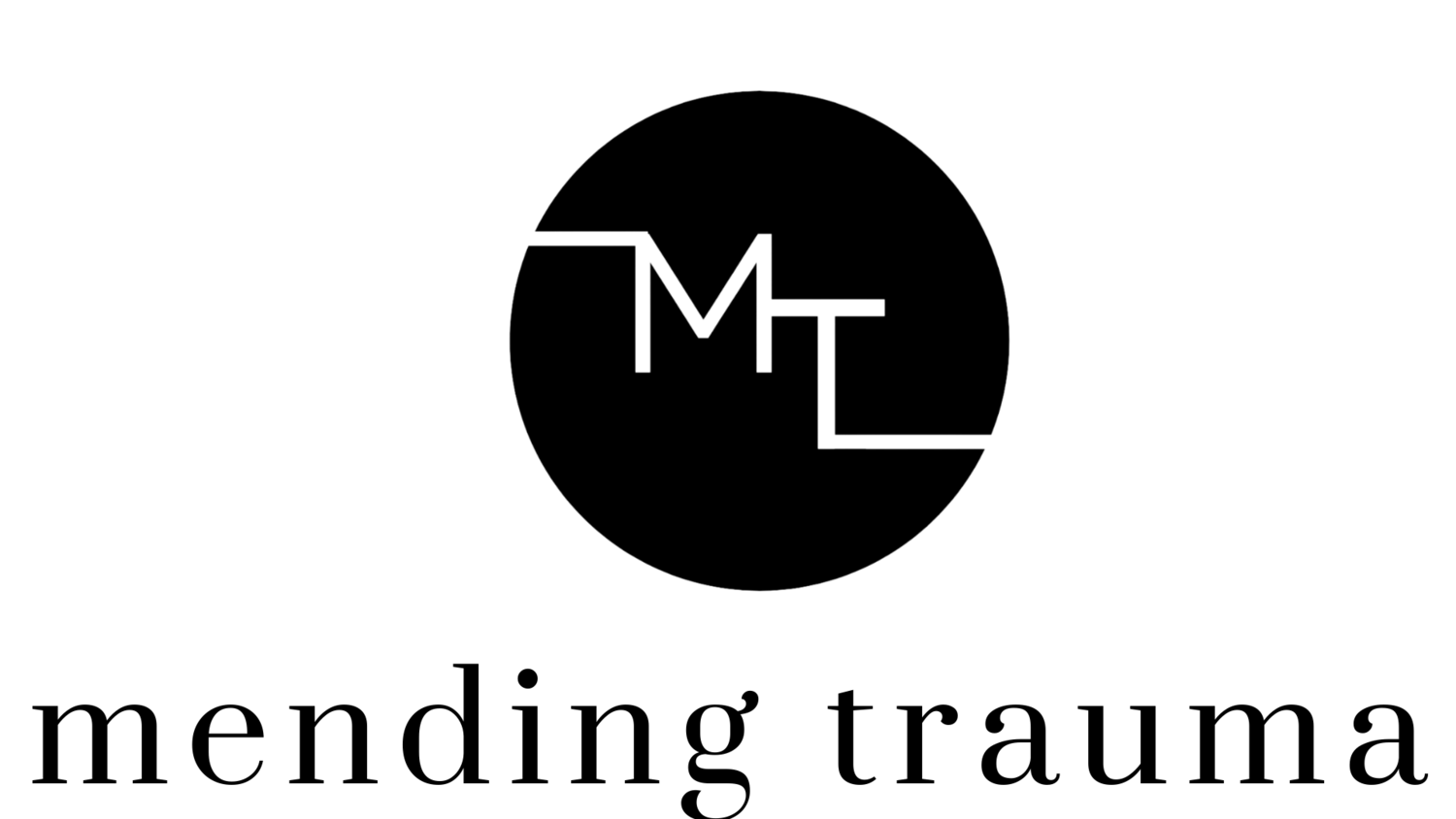How to Cope In a Positive Way
We respond in different ways, some of those are adaptive, and some are maladaptive. So today, we are talking about maladaptive versus adaptive coping strategies.
What are maladaptive and adaptive coping?
When we come out of trauma, and even years down the road, we can reflect on why we did or didn't respond in the way we had wanted to or why we didn't stand up for ourselves. It's important to know that at the moment, our brain and body did exactly what they needed to do to survive. At that moment, a set of coping mechanisms was born. When that happens in trauma, the coping mechanisms born were applicable for that moment in that trauma, but now they may be costing us. So we want to acknowledge that our brain and body do a beautiful job working together to help us survive. And we also want to recognize that we can have some coping mechanisms that come out of traumatic experiences that become subconscious and automatic.
If you think of your younger self, someone may have hurt you physically, emotionally, sexually, anything that involves our bodies, we tend to leave our body when we are injured in that way. We call that dissociation as an adult. When things get stressful, you "check out" or space out. And so, while it was beneficial while experiencing that trauma because it preserved your sense of safety and control, it is very disruptive when you need to pay attention but you get stressed and then start to space out. The idea is that these are so subconscious that they happen without our awareness. Once we become aware that we are engaging in some maladaptive coping behaviors, we can identify when we are using those and become more aware. We can become more insightful as to what's happening in an exchange or a situation now.
Adaptive coping is any behavior that allows us to benefit not just at the moment but long term. So in the moment of our trauma, whatever response we had was adaptive at that moment because it allowed us to survive. It only becomes maladaptive when it interferes with our growth and our relationships. Maladaptive coping is not our fault. It happens instantly and has deep wiring so that anything that resembles the emotions or the situation or the thoughts of the trauma will bring up that hardwired reactivity without our conscious knowledge.
How do you disrupt maladaptive behaviors?
When we have engaged in interaction with somebody in a way that is not adaptive, or helpful, or productive, we have an opportunity to learn from that. If we can't acknowledge mistakes and if we can't acknowledge when we engage in behaviors that are damaging to ourselves or our relationships, then we don't even have a chance to learn. The idea behind this is that by acknowledging mistakes or missteps, we are increasing our wisdom and knowledge base with the idea that we are aware now. Or we want to gain awareness without judgment about what contributed to that and then try to correct and learn from it.
We need to pay attention to whether or not the behavior, the communication, and the perceptions are accurate. You can use physical sensations to understand if your behavior is adaptive or maladaptive. For example, your behavior may bring you peace in your body, meaning adaptive, or that sense of tightness in your chest and stomach reacting to trauma, meaning maladaptive. You then have an opportunity, at that moment, to say something's not feeling right. Those are the little clues our body gives us that we can then use to investigate where that feeling, that sense of discomfort, is coming from.
Finding the awareness to choose your behavior
In our window of tolerance, our ability to think and feel simultaneously, we are identifying that we need to be able to have enough space from any event that takes us into fight or flight mode with our responses. And when we're able to do that, we can have a more productive or satisfying exchange with other people and the world.
When we can get into a place of awareness, we want to commit ourselves to just noticing without judgment, and we're not there to beat ourselves up or anyone else. Instead, we are trying to increase our ability to detect our behavior and have the freedom to change it once we see how it's impacting ourselves and our relationships.
Do you know which of your behaviors are adaptive or maladaptive? How will you work to grow and correct them?
For additional tips on mental health, trauma, and so much more, check out The Universe Is Your Therapist Podcast!
Come connect with us personally on Instagram!

